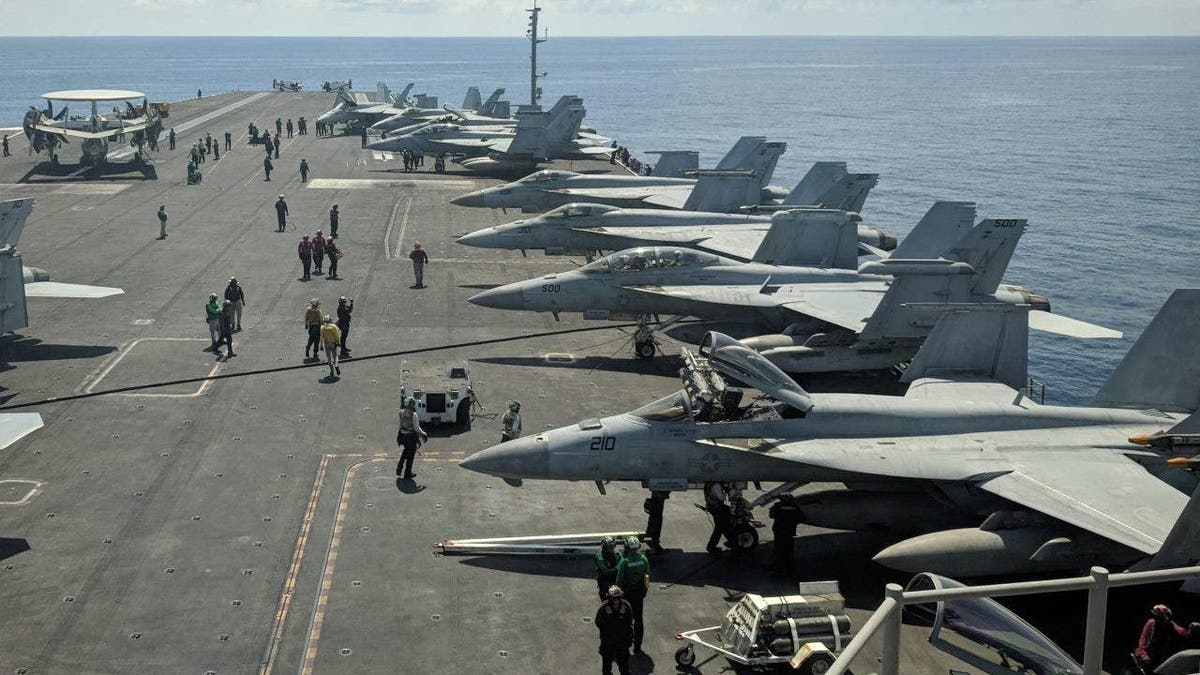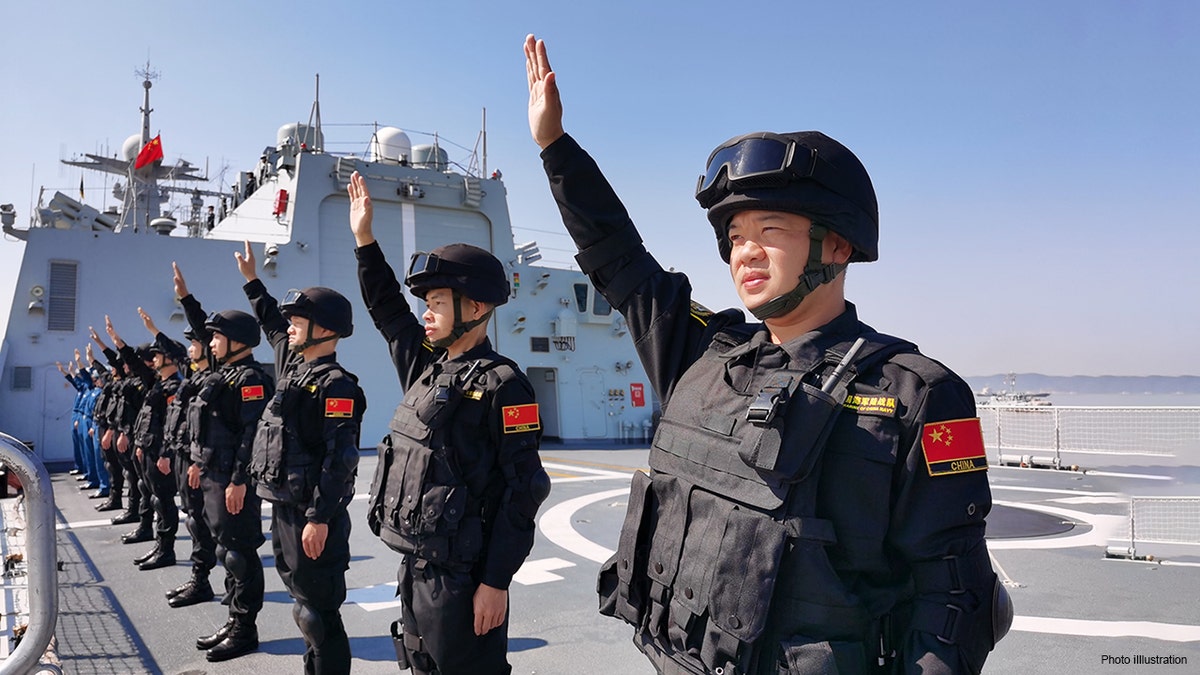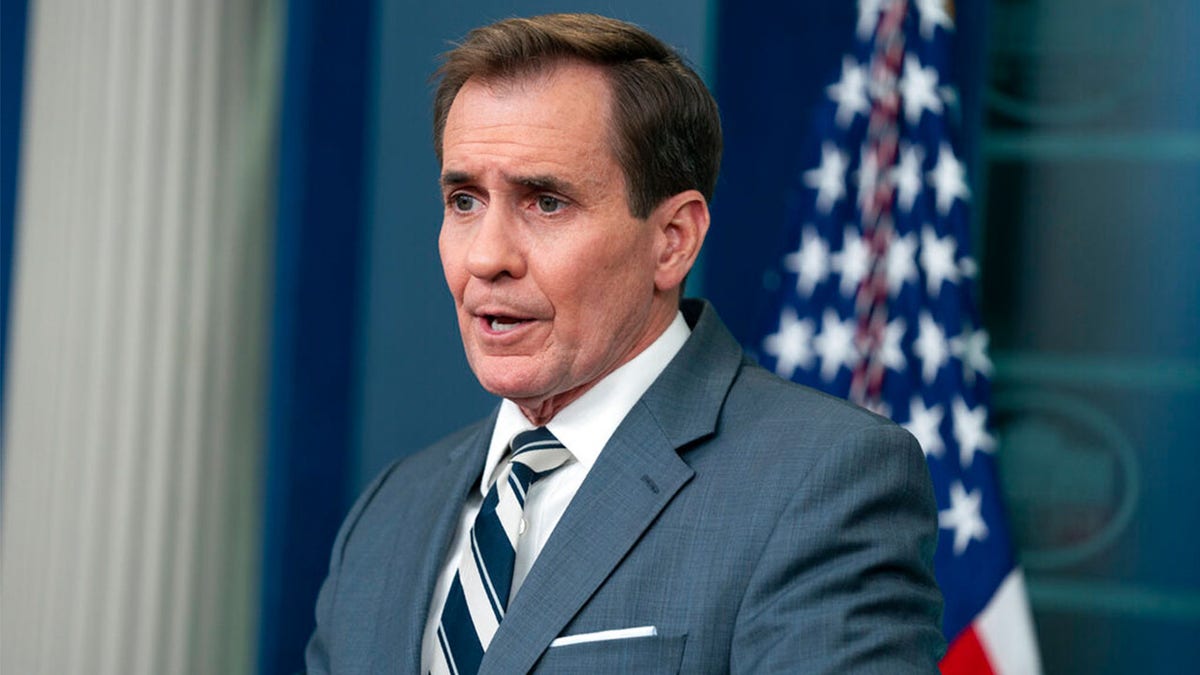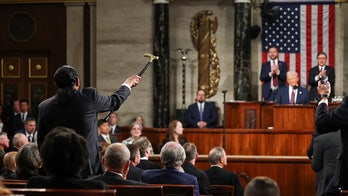China's reaction to US-Taiwan delegation is one of insecurity: Brit Hume
'Special Report' panelists Brit Hume, Trey Gowdy and Mara Liasson discuss China holding military drills near Taiwan in response to House Speaker Kevin McCarthy meeting with the president of Taiwan.
The U.S. military will begin its largest-ever drills with the Philippines on Tuesday, in a series of exercises involving some 17,000 troops.
Known as the Balikatan Exercise, the drills will last for 17 days, ending April 28. In total, 17,600 troops from both the U.S. and the Philippines will participate in the exercises, some of which will involve live ammunition.
The size of the drills reflects just how seriously the U.S. is taking its growing tensions with China. Last year's version of the same drill involved half as many troops.
"It’s a big deal," Defense Secretary Lloyd Austin said of the event when it was first announced. "This is part of our effort to modernize our alliance, and these efforts are especially important as the People’s Republic of China continues to advance its illegitimate claims in the West Philippine Sea."

The U.S. military will conduct extensive exercises with the Philippines military in the coming weeks, carrying live-fire drills involving some 17,600 soldiers. The exercises are twice the size of last year's. (Catherine Lai/AFP via Getty Images)

The U.S. and its allies in the Pacific are ramping up exercises as tensions with China increase. (Xinhua/Jiang Shan via Getty Images)
While the drills were planned long in advance, the timing of the Balikatan Exercise sends a message nevertheless, beginning just one day after China ended its own exercises around Taiwan.
The Chinese military had surrounded Taiwan and carried out simulated strikes against the self-governed island over the past week. The country said it was in retaliation to Taiwanese President Tsai Ing-wen's trip to the U.S., where she met with House Speaker Kevin McCarthy, R-Calif.
National Security Council spokesman John Kirby accused China of overreacting to the trip, pointing to Tsai's six previous trips to the U.S. as president of Taiwan.
"We're very comfortable and confident that we have in place, in the region, sufficient resources and capabilities to protect our national security interests in the Indo-Pacific," Kirby told reporters Monday. "I would add… there's no reason for tensions across the Taiwan Strait to devolve into any kind of conflict."
In total, the Chinese military had deployed 71 aircraft and nine naval vessels around Taiwan as of Sunday.

National Security Council spokesman John Kirby said China was overreacting to President Tsai Ing-wen's trip to the U.S. (AP Photo/Evan Vucci)
CLICK HERE TO GET THE FOX NEWS APP
The White House backed up McCarthy's meeting with Tsai, saying it was not out of the ordinary.













































